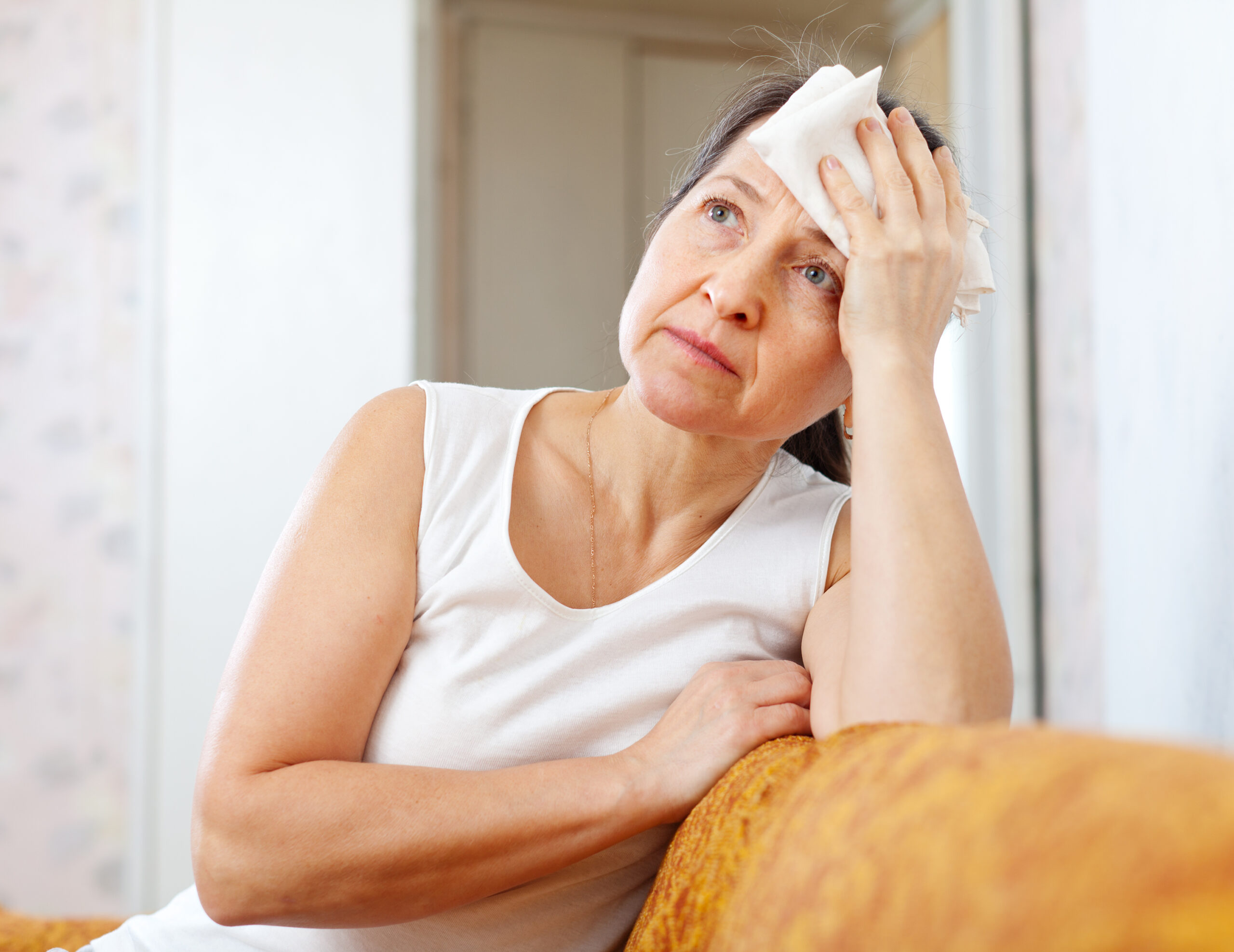Menopausal Disorders: Understanding Hot Flashes and Mood Disorders

Menopause is a natural stage in a woman’s life, marking the end of her reproductive years. While it is a normal and inevitable transition, it can bring about various symptoms that affect a woman’s physical and emotional well-being. Two common menopausal disorders are hot flashes and mood disorders, which can significantly impact the quality of life. Let’s delve into these conditions and explore ways to manage them effectively.
Hot flashes are one of the hallmark symptoms of menopause. They are characterized by sudden and intense sensations of heat that spread throughout the body, often accompanied by sweating and flushed skin. These episodes can be unpredictable and disruptive, causing discomfort and interfering with daily activities. While the exact cause of hot flashes is not fully understood, hormonal changes, specifically fluctuating estrogen levels, are believed to play a significant role.
Managing hot flashes involves adopting strategies to alleviate symptoms and improve overall well-being. Dressing in lightweight clothing, using fans or air conditioning, avoiding triggers like spicy foods and caffeine, and practicing relaxation techniques such as deep breathing or meditation can help reduce the frequency and intensity of hot flashes. In some cases, hormone replacement therapy or other medications might be recommended. It is advisable to consult with a healthcare provider to determine the most suitable approach for you.
Along with hot flashes, menopause can also bring about mood disorders such as mood swings, irritability, anxiety, and depression. Hormonal fluctuations, combined with the emotional and psychological impact of this life transition, contribute to these mood changes. Feeling overwhelmed or experiencing a loss of identity and fertility can also contribute to negative emotions during this time.
Seeking emotional support and engaging in self-care practices can greatly assist in managing mood disorders. Building a strong support network of family, friends, and healthcare professionals can provide a safe space for sharing concerns and seeking guidance. Engaging in regular exercise, maintaining a healthy diet, getting enough restful sleep, and exploring relaxation techniques like yoga or mindfulness can help improve mood and overall well-being. If symptoms persist or become severe, professional counseling or therapy might be beneficial.
As a medical insights website, we aim to provide evidence-based information and support to women going through menopause-related challenges. We encourage you to explore our resources on hot flashes, mood disorders, and other topics surrounding menopause. Remember, every woman’s experience is unique, and finding the right strategies may take time. Patience, self-compassion, and seeking professional guidance are key to managing menopausal disorders effectively.
Together, we can navigate this transformative phase with knowledge, resilience, and support. Let us be your trusted source of medical insights, guiding you toward a balanced and empowered menopausal journey.
(Note: This article provides a brief overview of the subject and does not substitute medical advice. If you suspect you may have any menopausal disorder or require more information, consult with a healthcare professional.)



